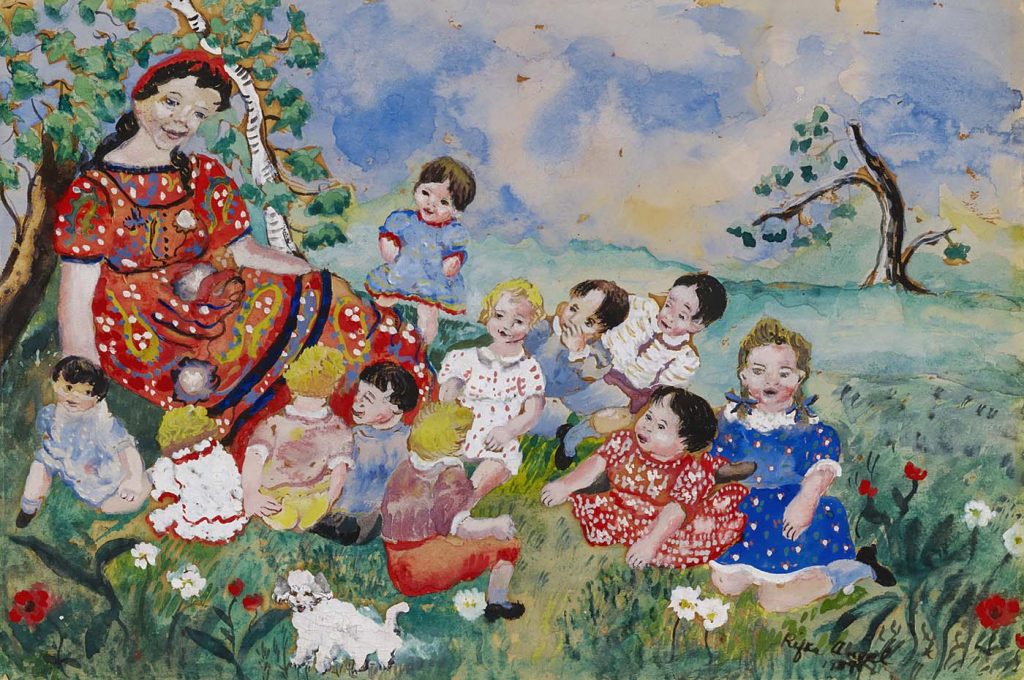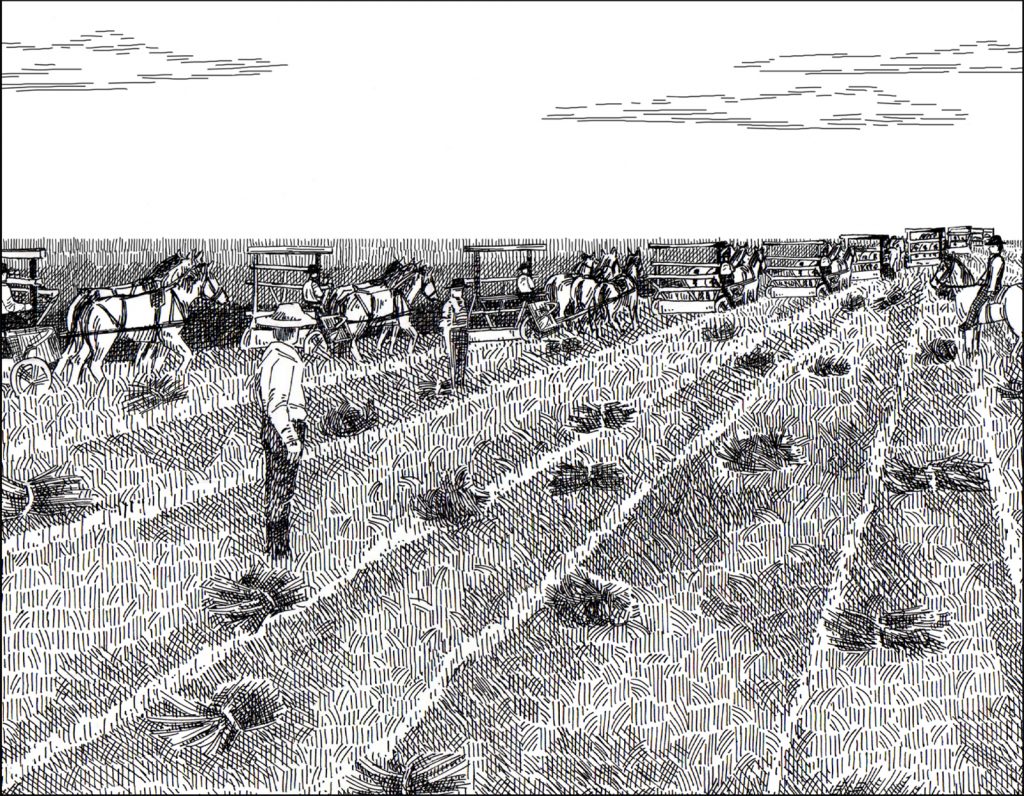Fiction from Matthew Lansburgh excerpted from our Summer 2016 issue.
Three years ago, when his mother announced that she was flying to Moscow to adopt a seven-year-old girl, Stewart did his best not to react. His mother had always been the kind of person who made threats, who cajoled and coerced, until she got her way. For years, she’d been threatening to adopt one of the children she sponsored in Mexico and Guatemala and Romania, to bring a child home to live with her in Ventana Beach, so she would have someone in her life who loved her, who appreciated her.
According to his mother, Stewart was an ungrateful son. He was ungrateful and unloving and his decision to move to the East Coast for college and grad school and then to settle there permanently had been a slap in the face.
And what had Heike done to deserve such an ornery child? Why should she grow old alone in California and die, leaving her savings to him, when she could adopt one of the cute little girls whose photos she’d seen in the magazines and newsletters and Christmas cards she received from abroad? After everything she had endured in this country wasn’t she entitled to a little happiness?
“Be my guest,” Stewart said.
He didn’t use those exact words of course. He told his mother he loved her and was sorry she felt lonely. He expressed concern for her wellbeing, asking whether she was sure she could, at the age of fifty-eight, really take care of a child, a disabled girl named Galina whose left arm was essentially missing—whether she was willing to make the sacrifices this decision would require, because he knew that despite the fact that Heike insisted her life was miserable, she did like her trips to Germany and Acapulco and the cruises she went on with her new husband, Al.
“What sacrifices?” Heike replied. “It will be fun. This little girl is an angel. They sent me a video from the orphanage showing her singing and dancing. She enchanted everyone in the room.”
When Stewart asked her what Al thought of the plan, she had an answer for that too. “Don’t always worry so much what others think. I am your mother. Think about my happiness for a change.”
And so Heike went to the bank and withdrew five thousand dollars in twenty-dollar bills and got on a plane from Los Angeles to London and then on to Russia and adopted herself a seven-year-old girl. Had the child turned out to be happy and grateful, had she been the least bit appreciative and loving, everything would have been marvelous, but Galina wasn’t what Heike had in mind.
She didn’t like the little dolls Heike bought for her, the dolls that came from Leipzig and wore dirndls and walkjankers and whose eyes opened and closed. She didn’t like Heike’s good German cooking. She wanted Pop-Tarts for breakfast. She preferred Chuck E. Cheese pizza with pineapple to rouladen and dumplings and sauerkraut with gravy made from scratch. She wasn’t grateful at all, and Heike was miserable, even more miserable than before, and now she was saying that the whole adoption had been a mistake.
To continue reading “Driving North,” purchase MQR 55:3 (Summer 2016) for $7, or consider taking out a one-year subscription for just $25.
Image: Angel, Rifka. “Rifka Telling a Story.” 1939. Watercolor, tempera, and pencil on paper. Smithsonian American Art Museum, Washington, D.C.




